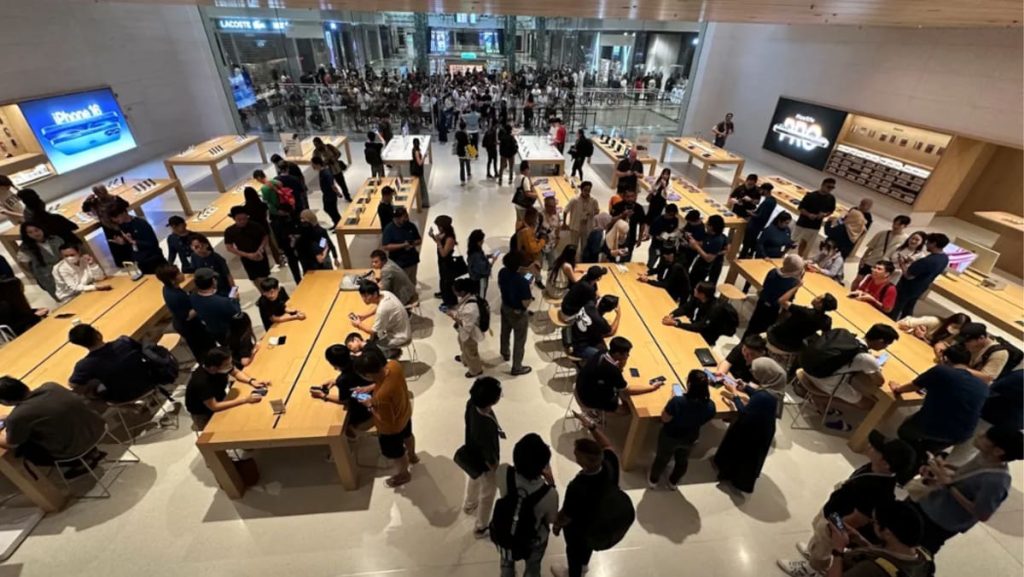The Indonesian government has stated that the newly launched iPhone 16 from Apple will not be allowed to be sold in the country until the tech giant fulfills its investment commitments and renews its local content requirements certification. Industry Minister Agus Gumiwang Kartasasmita confirmed that Apple’s TKDN certification has expired and must be renewed for the iPhone 16 to be sold in Indonesia. The TKDN certification requires that Apple products meet a Domestic Component Level value requirement of at least 40 percent.
Mr. Agus also mentioned that Apple has not met its investment commitments to Indonesia, with only 1.48 trillion rupiah invested out of a total commitment of 1.71 trillion rupiah. The news of the potential ban on the iPhone 16 in Indonesia has sparked mixed reactions among local netizens. While some support the decision, emphasizing the importance of meeting local requirements, others criticize the bureaucratic processes and suggest buying the device overseas or from neighbouring countries such as Malaysia or Singapore.
Indonesian netizens have expressed varying opinions on the news, with some questioning the bureaucracy and suggesting that Apple may not lose out by investing in other countries. There are also comments highlighting the cheaper prices of buying overseas or speculating that Apple may prefer to profit through its stores in Singapore. According to Bloomberg Technoz, Indonesian Apple fans have often opted to purchase devices from Apple stores in neighbouring countries due to the ease and speed of acquisition.
The debate over the potential exclusion of the iPhone 16 from the Indonesian market due to Apple’s failure to meet investment commitments and renew its TKDN certification highlights the importance of compliance with local regulations and requirements for multinational corporations operating in the country. The mixed reactions from local netizens showcase differing perspectives on the decision, with some emphasizing the need for adherence to rules and others questioning the feasibility of investing in Indonesia. The situation also sheds light on the preferences of Indonesian consumers for purchasing Apple products from neighbouring countries like Malaysia and Singapore.














